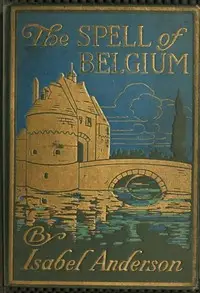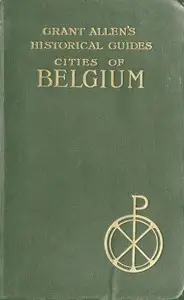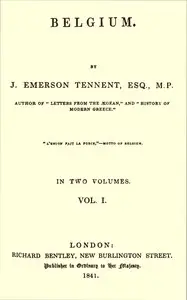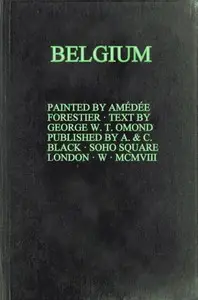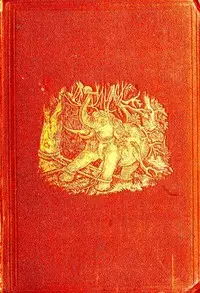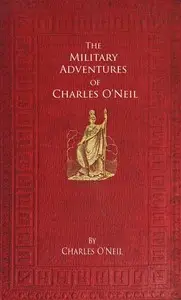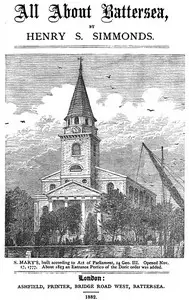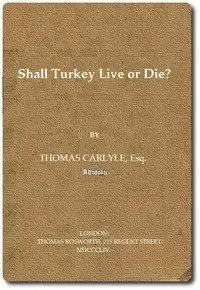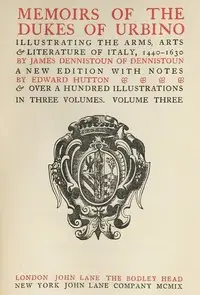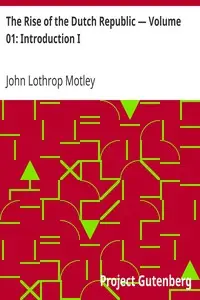"Belgium, Vol. 2 (of 2)" by James Emerson Tennent is a record which explores the landscapes, government and culture of Belgium in the early 1800s. It studies cities like Brussels demonstrating both their beauty as well as the shaky events of that time. The book starts with landmarks in Brussels like the palace where royals lived and where Belgian leaders met. Tennent paints a view of the fancy Palace of the Prince of Orange, now a sign of the revolution of 1830. Tennent details the events around the revolution, like when the English were stuck at the Hôtel de Bellevue during a battle. This beginning leads to a conversation of Belgium's heritage mixed with how it's becoming its own through political problems, creative works and money troubles.
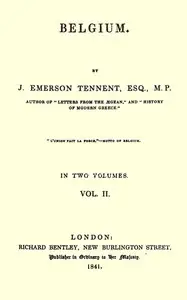
Belgium, Vol. 2 (of 2)
By James Emerson Tennent
Amidst revolution and upheaval in the early 19th century, discover a nation's evolving story through its grand cities and political struggles.
Summary
About the AuthorSir James Emerson Tennent, 1st Baronet, FRS was a Conservative Member of the United Kingdom Parliament for the Irish seats of Belfast and of Lisburn, and a resident Colonial Secretary in Ceylon. Opposed to the restoration of a parliament in Dublin, his defence of Ireland's union with Great Britain emphasised what he conceived as the liberal virtues of British imperial administration. In Ceylon, his policies in support the growing plantation and wage economy met with peasant resistance in the Matale Rebellion of 1848. In recognition of his encyclopedic surveys of the colony, in 1862 he was elected a Fellow of the Royal Society.
Sir James Emerson Tennent, 1st Baronet, FRS was a Conservative Member of the United Kingdom Parliament for the Irish seats of Belfast and of Lisburn, and a resident Colonial Secretary in Ceylon. Opposed to the restoration of a parliament in Dublin, his defence of Ireland's union with Great Britain emphasised what he conceived as the liberal virtues of British imperial administration. In Ceylon, his policies in support the growing plantation and wage economy met with peasant resistance in the Matale Rebellion of 1848. In recognition of his encyclopedic surveys of the colony, in 1862 he was elected a Fellow of the Royal Society.

